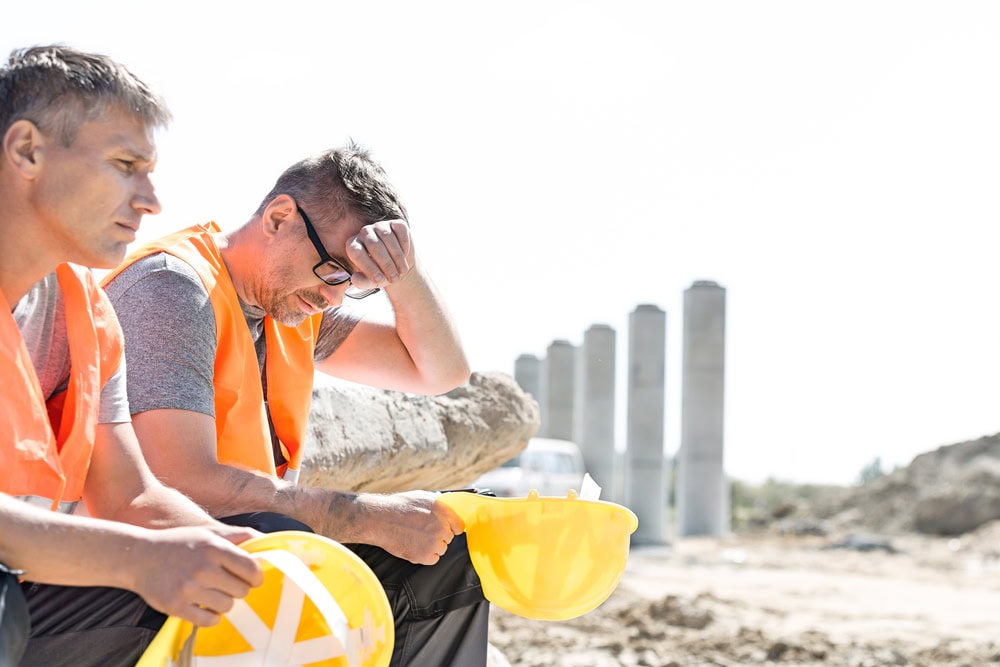Hygiene and behavioral rules BAG & RKI for protection against the new coronavirus
The situation surrounding the new coronavirus has worsened further in Switzerland and neighboring countries in recent days. The Confederation is therefore adapting the basic color of its "This is how we protect ourselves" campaign and adding further hygiene and behavioral rules.

In the meantime, there have also been transmissions within Switzerland of the new Coronavirus in the Valais and Graubünden, for example. The transmission chain can still be traced in these cases; the contact persons will be informed. Further transmissions within Switzerland are likely. This makes higher protection necessary, especially for vulnerable population groups. These include older people or people with previous illnesses. The FOPH therefore recommends additional behavioral and hygiene rules to the population in its "How to protect ourselves" campaign.
From yellow to red
The campaign is changing from the previous color yellow to red with immediate effect. This means that the previous three hygiene rules "Wash hands thoroughly", "Cough and sneeze in handkerchief or crook of arm" and "Stay home if you have a fever or cough" have now been extended by three more rules and since 5.3.2020 have been extended with a further rule:
- Keep distance - for example, protect older people by keeping enough distance, keep your distance when queuing, keep your distance during meetings.
- Thoroughly wash hands
- Avoid shaking hands
- Cough and sneeze into paper handkerchief or crook of arm
- Stay at home with fever and cough
- Only after telephone registration in doctor's office or emergency ward
The change to red makes it visible to the public that from now on these additional hygiene and behavioral rules apply to protect themselves and others as far as possible from infection with the new coronavirus.
The campaign material has been downloaded and printed as a pdf by numerous organizations and companies on the FOPH website in the last few days. You can download the latest version of 02.03.2020 here download.
Ban on large events
Due to the current situation and the Spread of the coronavirus The Federal Council classifies the situation in Switzerland as a Special location in accordance with the Epidemics Act. It prohibits large events with more than 1000 people. This ban comes into force immediately and applies at least until March 15, 2020. The cantonal authorities decide on events with fewer than 1000 participants. Information on this can be found under "Ban on large events"
Source and more info: www.bag-coronavirus.ch
Recommendations & tips from the editors
General principles of risk assessment and recommended action for major events by the RKI
Extract of the Measures of the RKI (Robert Koch Institute):
Private area and public
- stay at home whenever possible; air rooms regularly
- Cancel or postpone trips that are not necessary
- If possible, only go out for supply walks; keep a distance of 1 to 2 m from other people
- Reduce private contacts to the bare minimum or use opportunities without direct/personal contact (telephone, Internet, etc.)
- Provide for at-risk groups through family and neighborhood outreach; actively offer assistance.
- Determine how to deal with sick persons in the household (sleeping and staying in separate rooms; taking meals separately; spatial separation of siblings)
- Cancel joint meetings/activities (clubs, sports groups, larger private parties)
- Avoid close greeting rituals (kissing, shaking hands)
Establishments/Companies
- Release employees in areas where this is possible
- Enable and encourage home/teleworking
- Cancel or postpone (business) trips that are not necessary or carry them out, e.g. by video conference
- voluntary business closures - taking company vacations
- close non-essential public facilities: swimming pools, gymnasiums, theaters, etc.
Medical area and nursing area
- Individual placement in inpatient/cohort isolation.
- Cohort care (separation of medical staff).
- Training employees medical and nursing area (Knowledge Booster)
- Establish specific treatment centers for confirmed cases
- Use telemedical possibilities
- Temporal or spatial separation of patients with signs of acute respiratory illness (ARE) and other patients in the outpatient setting
- Establish fever consultation hours
- Provide information, opportunities, and materials for self-testing of symptomatic individuals in specific (temporary) facilities
- Restriction of community activities (care-related).
- take work organizational measures
- not necessary (service or Congress) Travel cancel, postpone or conduct e.g. via video conference
- Visiting regulations/public traffic
Pandemic preparedness planning of the Canton of Zurich of the Canton of Zurich from October 2016
"Influenza viruses survive up to 12 hours on textiles and paper and up to 48 hours on smooth surfaces. Regular cleaning of household items and potentially contaminated surfaces with a commercial household cleaning product can therefore also reduce the risk of spreading the pathogens. Regular airing also reduces the number of viruses in the air."
Pandemic Plan "Manual for operational preparation" BAG (as of 2015)
Press conference BMG from 02.03.2020 with German Federal Minister of Health Jens Spahn, Prof. Dr. Lothar H. Wieler, President Robert Koch Institute and Prof. Dr. Christian Drosten, Director Institute of Virology, Charité Berlin.









